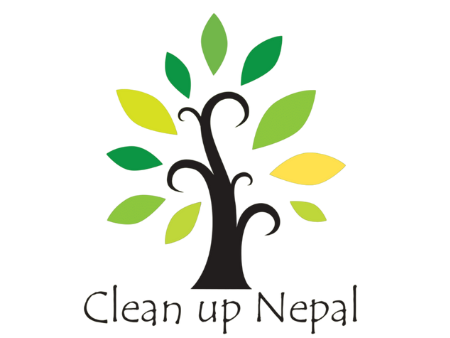3rd River Clean-up Campaign: A Step towards a Cleaner Kathmandu Valley
On May 9, 2024, Third River Clean-up Campaign marked a significant milestone in its efforts to combat plastic pollution in the Kathmandu Valley. This effort was made possible thanks to the support of World Bank through the Plastic Free Rivers and Seas for South Asia (PLEASE Project), implemented by the South Asia Co-operative Environment Programme with support from UNOPS Sri Lanka. RIVER+ is led by Biocomp Nepal in partnership with People in Need Nepal and CLEAN UP NEPAL.
The event aimed to decrease plastic debris from riverbanks within the boundaries of Kathmandu Valley by mobilizing volunteers, raise awareness about the detrimental effects of plastic pollution, educate individuals on waste segregation, promote environmentally friendly plastic management practices, increase public understanding of the harm caused by plastic pollution, and bring together local governments, communities, CSOs, and educational institutions for collective action.
The RIVER+ Project focuses on reducing and intercepting plastic waste by establishing a recycling plant for low-grade plastics and used beverage cartons in Nepal. This project addresses the pressing issue of plastic pollution affecting the Bagmati, Bishnumati, and Manohara rivers by collaborating with vulnerable communities and national and international experts. The goal is to establish a gender-aware market value chain for recycling low-grade plastics and used beverage cartons, providing decent work for all. The project targets UBCs (Used Beverage Cartons), low-grade plastics, and MLPs (Multi-Layer Plastics), which are currently not collected and recycled in Nepal. As a result, these materials often end up in rivers, riverbanks, poorly managed dump sites, streets, or are burned.
The Third river clean-up campaign saw an impressive participation of 228 individuals, including 157 women and 71 men. Among the participants were 90 community members and 92 paid volunteers. The campaign successfully collected a total of 3,640.72 kg of waste. The collected waste was later handled by the KMC Environment department for disposal. The active engagement of volunteers, community members, scout children, and the RIVER+ project team played a crucial role in the success of this campaign.
The RIVER+ Project continues to work towards the meaningful reduction of plastic waste in Nepal and the economic empowerment of the most vulnerable. By establishing a gender-aware value chain for the collection and recycling of low-grade plastics and used beverage cartons, the project aims to provide decent employment opportunities and promote sustainable practices. We look forward to the continued support of our partners and the community as we strive to create a cleaner and greener Kathmandu Valley.

